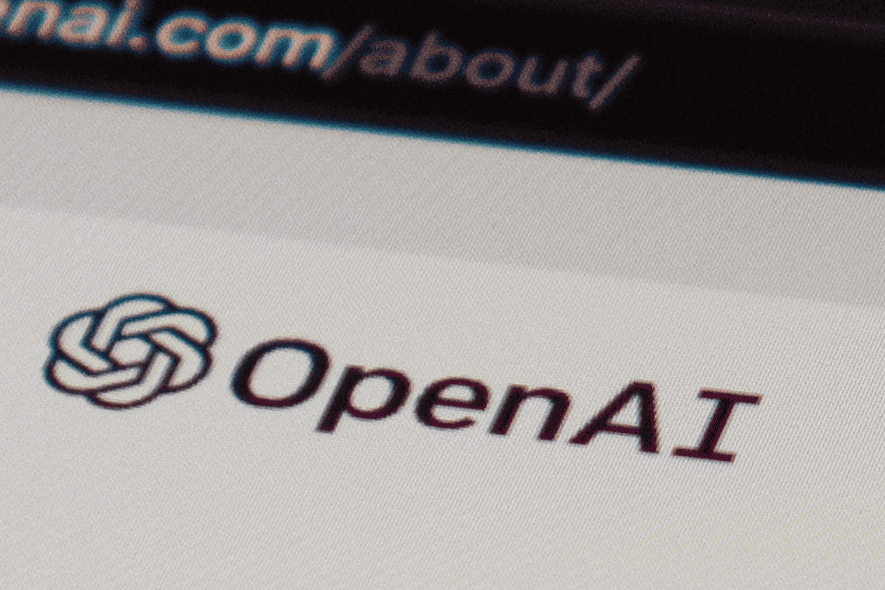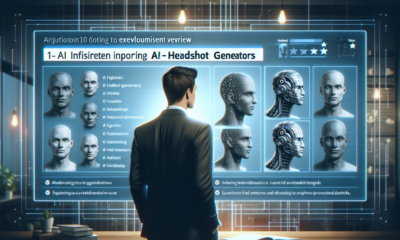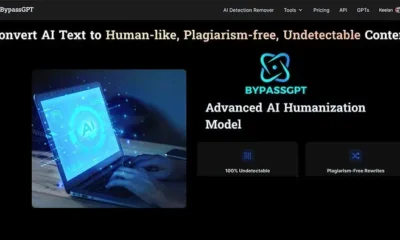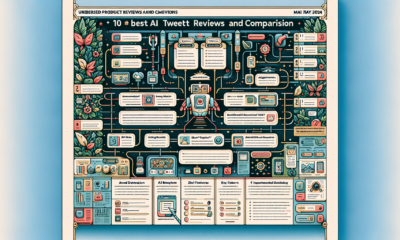AI Tool
Elon Musk Drops Lawsuit Against OpenAI: What This Means for AI Development and Technology Innovation

Over the years, the world of artificial intelligence (AI) has witnessed its fair share of controversies and developments. In a recent turn of events, Elon Musk has decided to withdraw his lawsuit against OpenAI. As you examine into the details of this decision and its implications, let’s explore how this move could shape the future of AI development and innovation in the technology landscape.
Background of the Lawsuit
Your interest in the lawsuit between Elon Musk and OpenAI has likely been piqued by recent news. Understanding the origins of the legal dispute sheds light on the complexities of AI development and ethics, as well as the evolving dynamics of tech industry leaders.
Elon Musk’s Founding Mission for OpenAI
Musk’s founding mission for OpenAI in 2015 was to develop artificial general intelligence (AGI) “for the benefit of humanity.” His lawsuit against the company and its CEO, Sam Altman, aimed to ensure OpenAI stayed true to this noble purpose.
Disagreements and Departure from OpenAI
With disagreements arising between Musk and the company, he ultimately parted ways with OpenAI in 2018. The diverging views on the direction of AI development led to his departure, sparking a series of events that have since influenced the landscape of AI technology.
The Lawsuit
Filing and Allegations
Some months ago, Elon Musk filed a lawsuit against OpenAI, questioning the company’s direction and focus on monetization rather than the development of artificial general intelligence for the benefit of humanity.
OpenAI’s Response and Motion to Dismiss
Dismiss the lawsuit against OpenAI and its CEO, Sam Altman by Elon Musk, to this, they filed a motion to dismiss the case without prejudice. The lack of details on any settlement agreements raises questions about the future relationship between Musk and OpenAI.
Despite the talent flight and internal conflicts at OpenAI, the company expressed their relief over the lawsuit’s dismissal. Indicating their commitment to building safe and advanced AI while moving forward without the distraction posed by the legal battle.
The Impact of Monetization on OpenAI
Talent Flight and Employee Concerns
It seems that OpenAI has faced significant talent flight in the past year, with some employees expressing concerns over the company’s focus on monetization.
Balancing Profit with Safety and Transparency
With OpenAI’s recent lawsuit dismissal and focus on developing safe and sophisticated AI, it appears the company is striving to strike a balance between profit-making opportunities and ensuring the safety and transparency of their AI technology.
Elon Musk’s AI Venture: xAI
Mission and Goals
Keep Musk’s vision at the forefront. He founded xAI with the mission to develop AGI that is safe and aligned with humanity’s values. This aligns with his strong belief in the importance of ethical AI development and ensuring that technology serves the betterment of society.
Funding and Valuation
For funding, Musk raised a whopping $6 billion for xAI, giving the company a reported valuation of $60 billion. This substantial financial backing showcases the confidence in Musk’s vision and the potential impact of xAI on the future of AI development.
Furthermore, this considerable funding allows xAI to invest in cutting-edge research and development, pushing the boundaries of what AGI can achieve while prioritising safety and ethical considerations in AI innovation.
The Aftermath of the Lawsuit Dismissal
OpenAI’s Reaction and Statement
To OpenAI’s relief, Elon Musk has decided to drop his lawsuit against the company. In response to the dismissal, OpenAI stated, “We’re pleased that this baseless lawsuit has been dismissed. We’re focused on building and developing safe and sophisticated AI, and we’re thrilled to be able to move forward without this distraction.”
Implications for AI Development and Innovation
Elon Musk’s withdrawal of the lawsuit against OpenAI could have significant implications for AI development and innovation. With OpenAI now able to focus on advancing AI technology without the legal distraction, the field of artificial intelligence may see renewed progress and collaboration. This move highlights the importance of maintaining a clear direction in the development of AGI for the benefit of humanity.
OpenAI has been navigating talent flight and criticism over its focus on monetization in recent times, but with the lawsuit behind them, the company can now forge ahead with its mission of developing safe and sophisticated AI.
The Broader Context of AI Development
The Pursuit of Artificial General Intelligence
For all the excitement surrounding AI development, the pursuit of Artificial General Intelligence (AGI) remains the ultimate goal. OpenAI and xAI, founded by Elon Musk, are both dedicated to developing AGI that is safe and beneficial for humanity.
Safety and Ethics in AI Research
One of the key considerations in AI research is ensuring safety and ethics. OpenAI’s focus on monetization has led to talent flight, prompting questions about transparency and the ethical implications of AI advancements within the industry.
It is crucial for organisations like OpenAI and xAI to prioritise safety and ethics in AI research to build trust and ensure that the technology developed is aligned with humanity’s values. The dismissal of the lawsuit by Elon Musk against OpenAI signals a turning point, shifting the focus back to the core mission of advancing AI technology for the benefit of society.
To wrap up
Presently, with Elon Musk dropping his lawsuit against OpenAI, the landscape of AI development and technological innovation remains dynamic. The focus on creating safe and beneficial artificial general intelligence continues as both OpenAI and Musk’s xAI strive to push boundaries. This development signifies the evolving nature of the AI industry, with a renewed emphasis on transparency, safety, and collaboration. As the pursuit of AI progress marches on, it is important to stay informed and engaged to understand the implications and potential of these groundbreaking technologies.


























